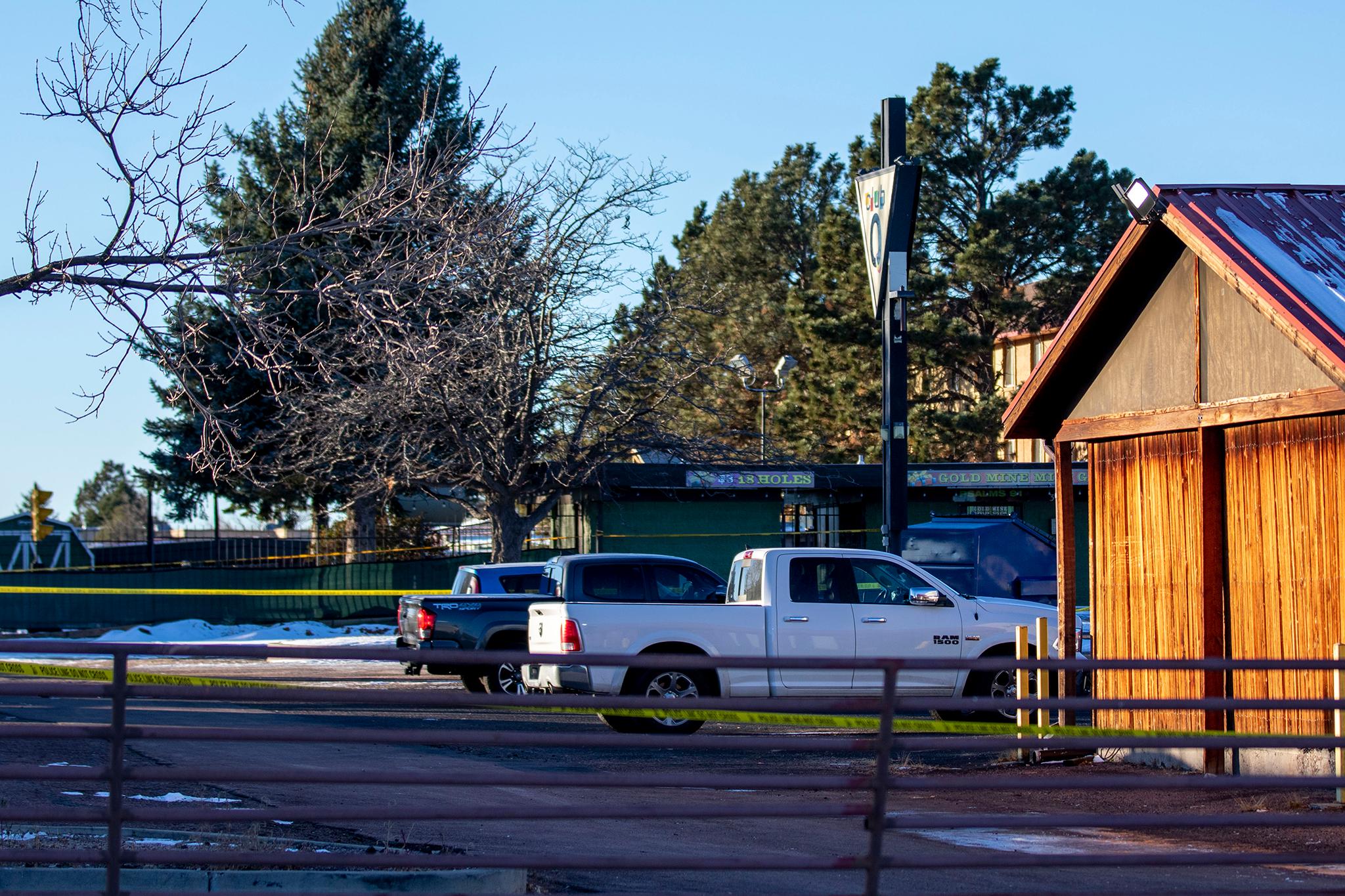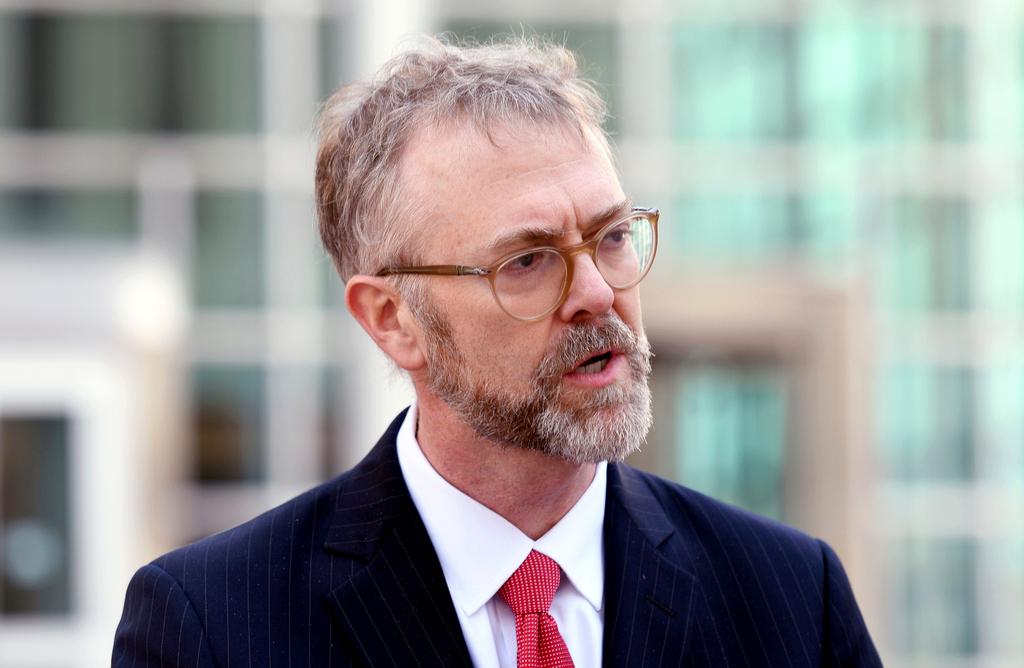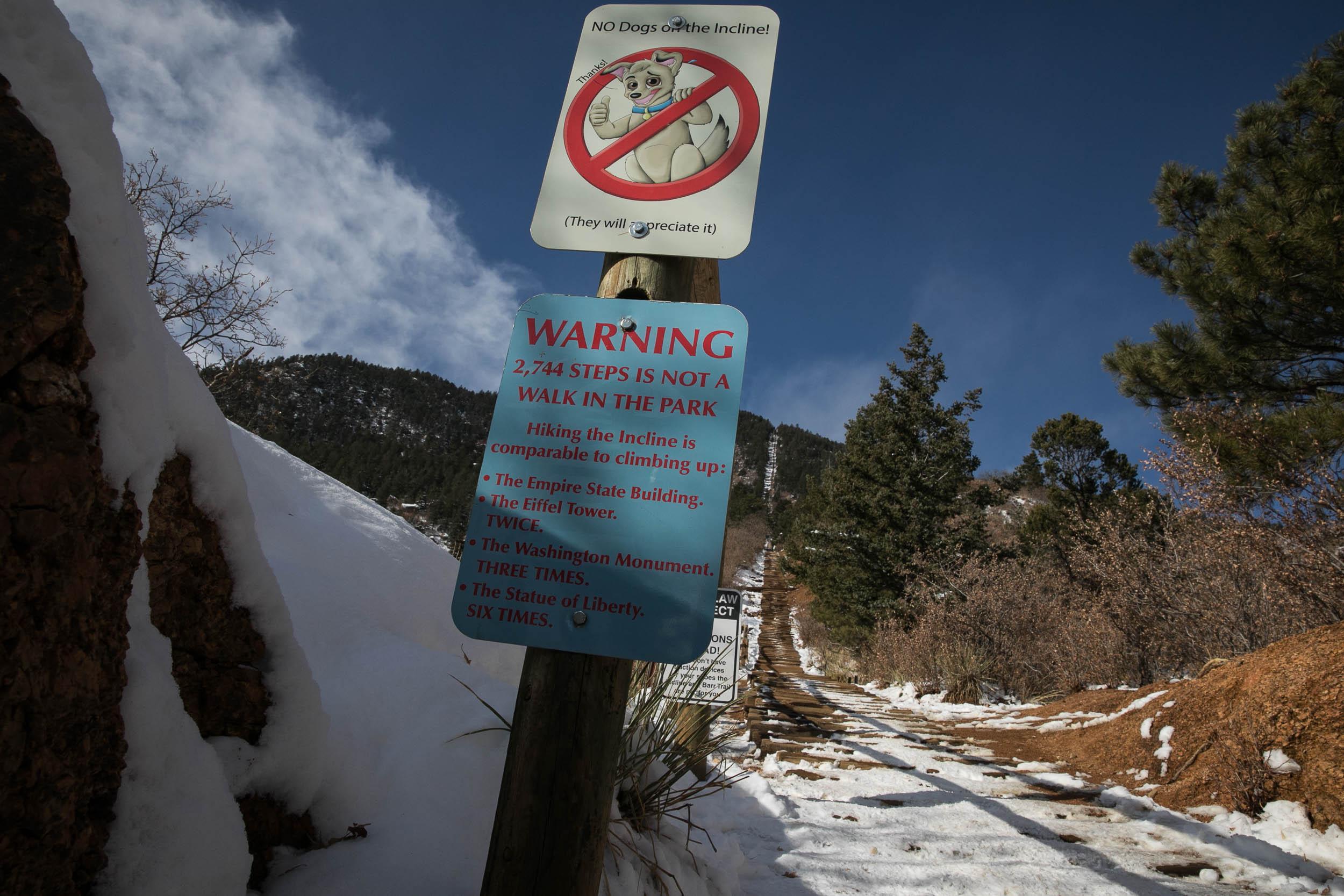
Authorities cautioned Monday that the search for answers, including a motive, in Saturday night’s mass shooting in a Colorado Springs nightclub will take time, but that they pledged to pursue hate crime charges if the evidence points in that direction.
“We are reviewing all the facts, we are reviewing all the information we have,” said Colorado’s U.S. Attorney, Cole Finegan. “I just want to reiterate, and reaffirm that the Department of Justice is looking at all aspects of this case.”
El Paso District Attorney Michael Allen also said he would consider bias charges in the attack on a nightclub that was a favorite for the LGBTQ community in Colorado Springs. But, he pointed out that state bias crimes, class four felonies, would be just a small part of a case that involved five murders.
“We're obviously talking about five people that were killed, their lives were ended. Those are going to be the top-end charges in this case,” said Allen, 4th Judicial District Attorney. “Those charges will likely carry life in prison without parole, whereas the class four felonies are probation-eligible offenses. So those do not in any way elevate the potential sentence in a case like this.
“But it is important to let the community know that we do not tolerate bias-motivated crimes in this community, that we support communities that have been maligned, harassed, and intimidated and abused.”
Authorities identified those killed in the attack as Kelly Loving, Daniel Aston, Derrick Rump, Ashley Paugh, and Raymond Green Vance. Another 17 people were injured by gunfire, one was injured while fleeing, and one other was listed as a victim, but with no specific injuries.
Anderson Aldrich, 22, will be held without bond on charges contained in a sealed arrest warrant after he is released from the hospital in the next couple of days. Preliminary, arrest-only, charges include five counts of first-degree murder, after deliberation and five counts of bias-motivated crime-causing bodily injury, according to court documents. Formal charges, however, could be several weeks away.
But Finegan’s presence at the press conference and the FBI agents who have been seen searching for evidence at Club Q could have profound implications for Aldrich if he is convicted of crimes related to the attack.
While Colorado no longer has a death penalty, the federal government does, and the Justice Department has shown a willingness to pursue federal charges in cases targeting specific groups.
Earlier this year, a federal grand jury indicted a New York man for federal bias crimes in the racist attack on a grocery store there. And while prosecutors have not yet said whether they will pursue the death penalty in that case, they are gathering community input on whether they should. And the decision to indict the man showed a continuing willingness by federal authorities to insert themselves into prosecutions typically handled by state authorities if bias was the motive.
Authorities focused on the victims and the patrons who subdued the gunman
On Monday, authorities were determined to keep the focus on the victims, and the heroes from Club Q who likely prevented many more injuries and deaths.
“Too often society loses track of the victims,” said Colorado Springs police chief Adrian Vasquez. “In all the talk about the suspect, we strive to give the victims the dignity and respect that they deserve”
Colorado Springs Police officers were dispatched to Club Q just before midnight on Saturday, Nov. 19. The gunman had been subdued by patrons at the bar, and was taken into custody by police within minutes of the call.
Colorado Springs Police Chief Adrian Vasquez confirmed a New York Times report that an Army veteran was among those that subdued the gunman, telling a reporter, “I just went into combat mode.”
Richard M. Fierro told the Times he grabbed a loop on the back of the gunman’s tactical vest, pulled him to the ground and began pummeling him with a gun the man was carrying. Others then jumped in to subdue the gunman.
“I have never encountered a person who had engaged in such heroic actions that was so humble about it. He simply said to me, ‘I was trying to protect my family,’” said Colorado Springs mayor John Suthers. A second person, Thomas James, was also identified as having helped to subdue the attacker.
What we know, and don't know, about the suspect
Multiple firearms were found at the scene, but authorities say Aldrich used a “long rifle” during the shooting.
A drag show was going on at the bar the night of the shooting. Club Q is an LGBTQ nightclub, and served as a safe gathering place for the community for more than two decades before the shooting.
The man now facing charges in the Club Q attack was known to Colorado Springs law enforcement. Last year, he was charged with kidnapping and menacing for a bomb threat incident. The reporting party was his mother, who said he was threatening to harm her with a homemade bomb, weapons and ammunition.
Aldrich had barricaded himself in the home where his mother was renting a room. Police evacuated 10 homes, and sent in a crisis negotiator to get him out, according to interviews and a press release from the El Paso County Sheriff.
The case was dismissed and automatically sealed, per a state law passed in 2019. District Attorney Michael Allen said all he could say was what the law required: “No such record exists.”
CPR News and a number of state and national news organizations filed a motion in the 4th Judicial District today to unseal the case.
Resources
- Colorado Crisis Services hotline: Call 1-844-493-8255 or text “TALK” to 38255 to speak with a trained counselor or professional. Counselors are also available at walk-in locations or online to chat between 4 p.m. and 12 a.m.
- A list of mental health providers offering therapy for those impacted. Many are providing sessions free or at a reduced charge.
- Diversus Health: Offers a 24/7 walk-in crisis center for crisis services and counseling for all ages, regardless of ability to pay. You can request an appointment here or visit 115 S. Parkside Drive, Colorado Springs, CO 80910.
- Peak View Behavioral Health Assessment team: 719-444-8484 or www.peakviewbh.com.
- Inside Out Youth Services: provides support and resources for LGBTQ youth and are coordinating vigils for people to gather.
- See more resources here.
This is a developing story and will be updated.







